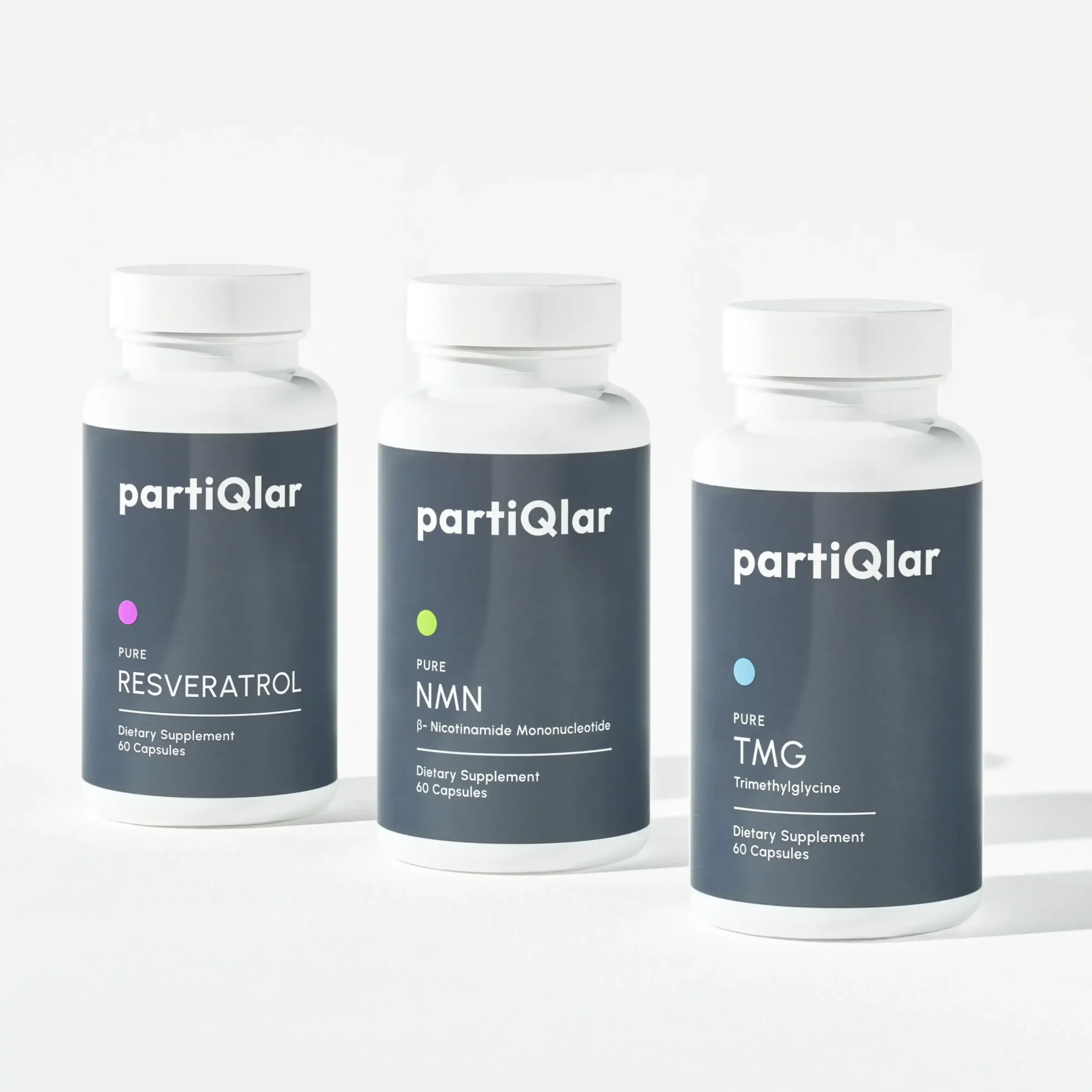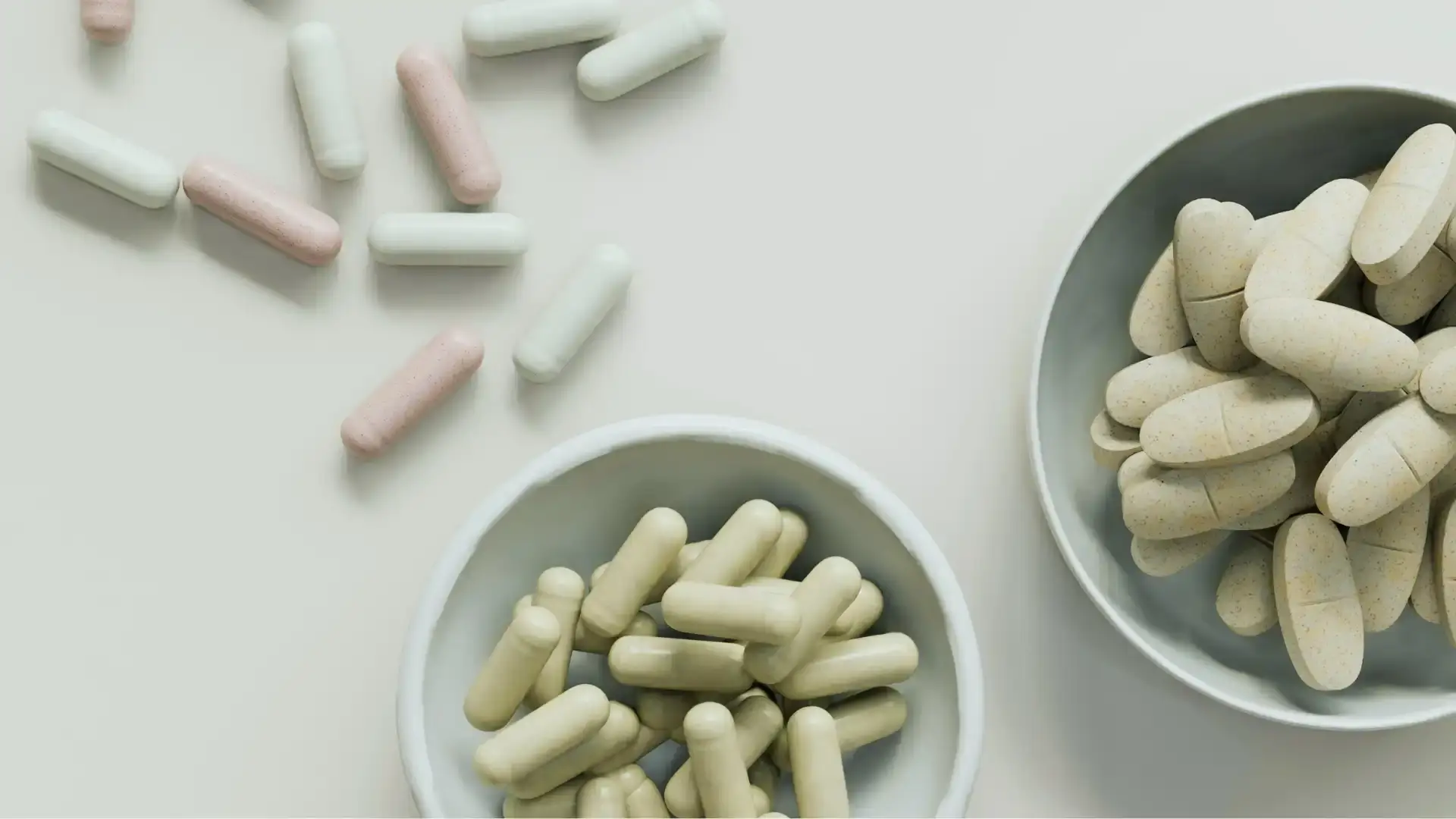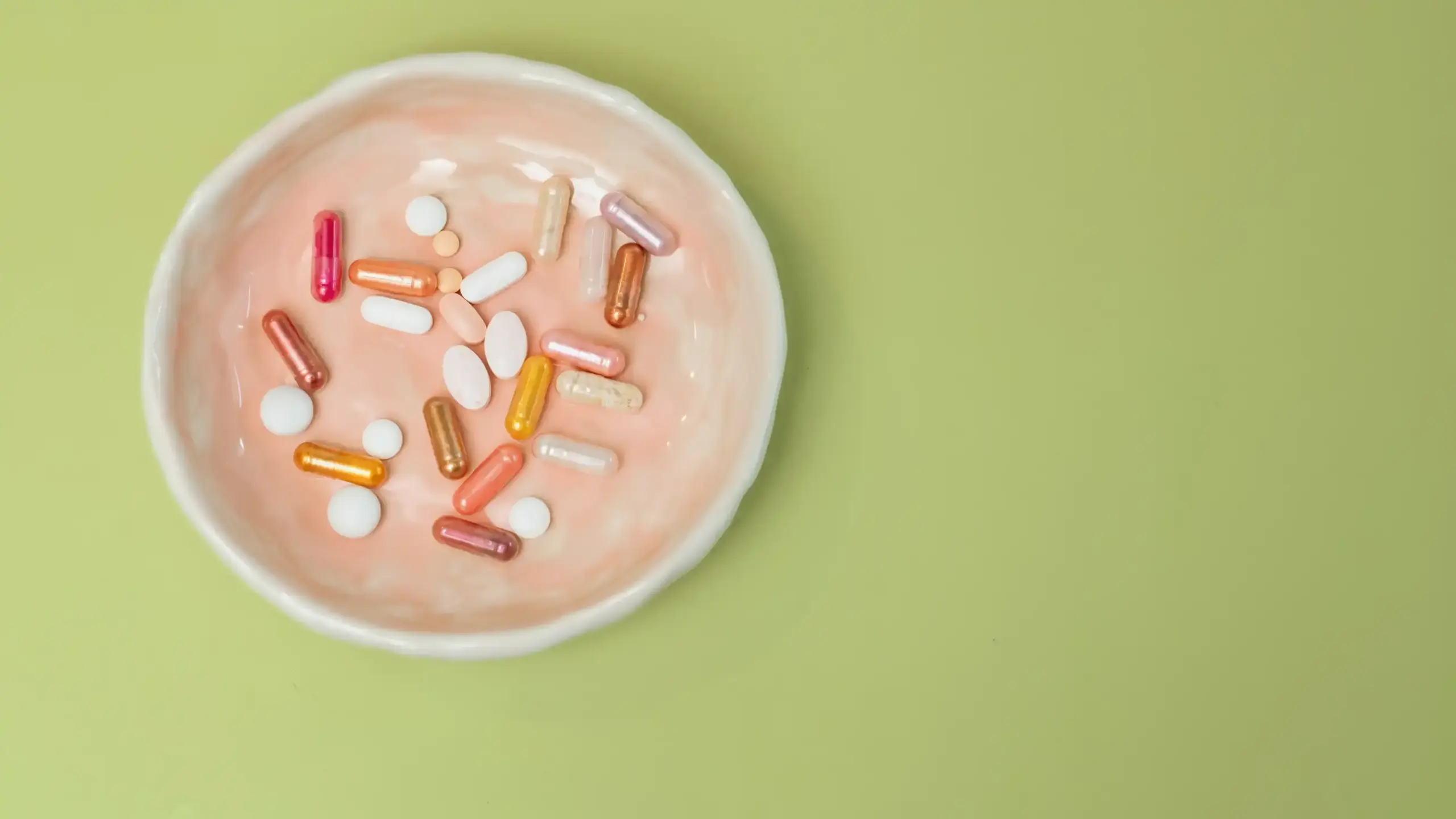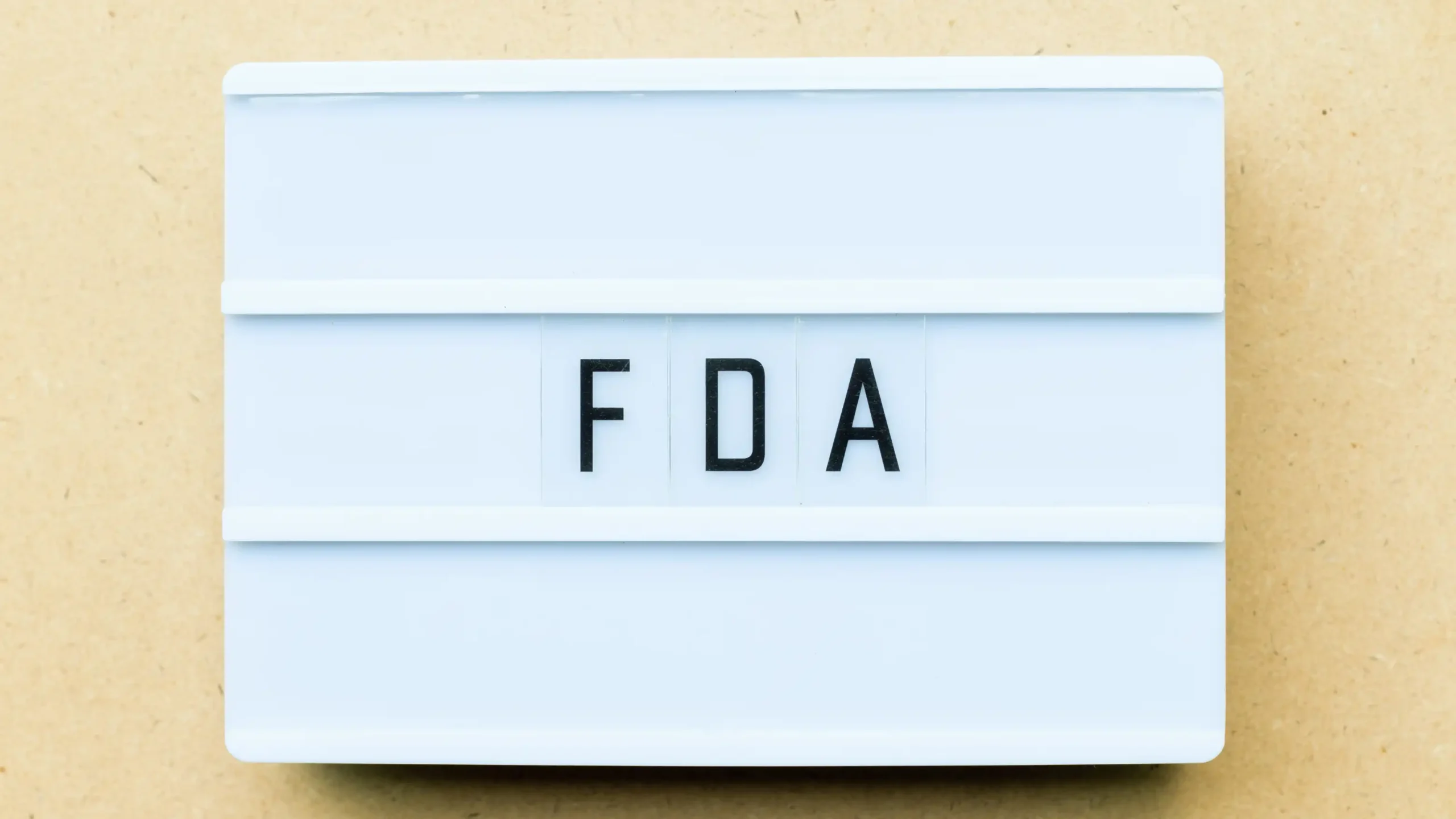NMN supplements typically show noticeable effects, such as increased energy and focus, within a few days to weeks, while long-term benefits like improved metabolism and anti-aging effects may take months.
NMN Dosage – How Much To Take?
- Lifestyle
- January 14, 2025
- Jan Vincent Beltran, PhD
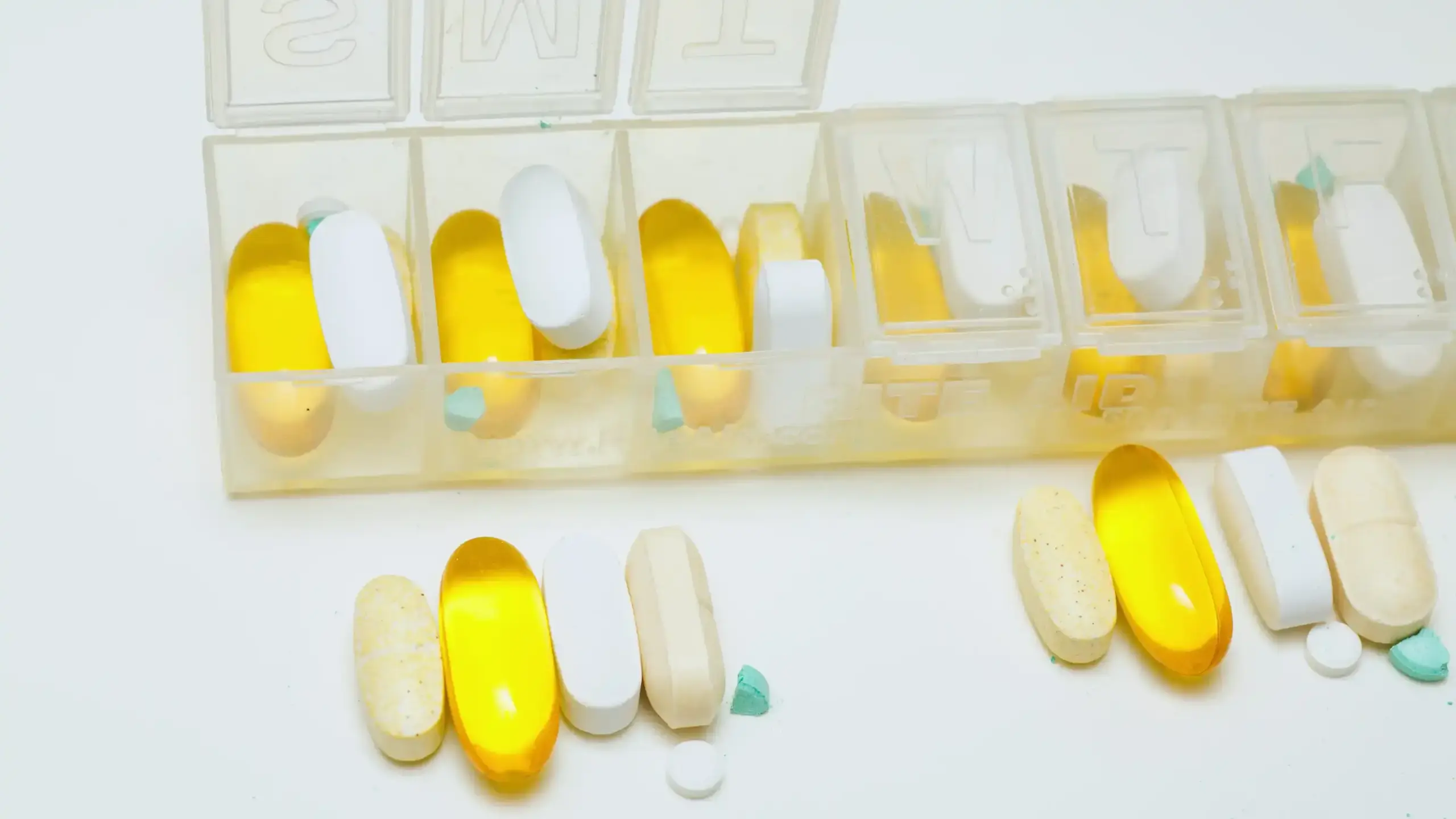
Related Product
Nicotinamide Mononucleotide supplements provide precursors for NAD production, a coenzyme crucial for cell energy metabolism and, thus, longevity. Since research is still ongoing, it’s important to understand how much NMN you should take to reap the most benefits with the least risk. Thankfully, the main guidelines are quite straightforward.

What is NMN and Why Does Dosage Matter?
NMN (nicotinamide mononucleotide) plays a crucial role in producing Nicotinamide Adenine Dinucleotide (NAD) in our cells. It’s a natural substance already found in our bodies but acquired only in small doses from certain meats and vegetables.
NAD is crucial for helping other enzymes and proteins to produce energy from food. Without it, energy metabolism slows down, or, in simple terms, cells don’t have the energy to repair themselves. NAD levels tend to decline as we grow older (1), which is why its deficiency is linked with old age conditions.
Supplementing NAD directly isn’t possible because it cannot pass cell membranes, and that’s why NMN supplements are useful. Through specific protein transporters (Slc12a8) and other precursors, NMN reaches the cells and boosts their energy production (2).
NMN indirectly slows down the effects of aging by increasing NAD levels, but it’s still unclear what NMN dosage should be preferred. While scientists like Dr. David Sinclair are encouraging higher NMN doses, clinical studies on humans are limited to smaller ones (around 250 mg/day).
Too little an NMN portion might not induce the needed benefits, while a higher quantity of nicotinamide mononucleotide might be redundant and costly. It might even create side effects, such as slight nausea or disrupted sleep patterns. It’s important to know what to expect before starting to experiment with different NMN dosages.
The Benefits of NMN Supplementation
Since NMN boosts NAD levels, clinical trials were able to provide insight into various effects of NMN to combat health issues that come with old age.
- Insulin sensitivity decreases as we age, which is a common factor in weight gain and high sugar levels in the blood. In studies on mice (3), NMN supplementation increased insulin sensitivity by helping cells to produce energy.
- DNA repair slows down with old age, likely because of lower energy levels due to decreased NAD. Increasing NAD levels with NMN supplements help fight various genetic issues (4), such as various cancers or muscle dystrophies.
- Skin issues, such as old age hyperpigmentation, are partly caused by the lack of NAD in cells. NMN supplements boost NAD levels, improving skin health (5) and, by some accounts, even giving the skin a glowing look.
- Lifespan increase is shown by studies in mice (6) NMN supplementation maintained more youthful gene expression patterns and improved metabolic health.
Another benefit, not necessarily related to combating old age, is the enhancement of your metabolism. As NAD levels increase, biochemical reactions that produce energy in our cells happen faster. Efficient and balanced energy production means better metabolic health.
NMN supplementation helps to increase NAD levels to boost overall energy production in cells, which creates at least two other important benefits.
- Cognitive Support and Mental Clarity. Studies on animals (7) show that higher NAD levels protect neurons from oxidative stress and inflammation. It is a significant factor for diseases such as Alzheimer’s or can even protect from certain brain injury types (8).
- Exercise and Physical Performance. A study on runners showed the many health benefits of NMN on physical performance (9). NMN supplements increase the aerobic capacity of humans during exercise because of enhanced oxygen utilization in the skeletal muscles.
In both cases, the improvement is more likely to be noticed in high (1200 mg/day) or moderate (600 mg/day) NMN doses. Depending on individual factors, you might notice these effects in lower doses as well.
Factors to Consider for Finding the Right NMN Dosage
Nicotinamide mononucleotide (NMN) is generally accepted as a safe supplement with various health benefits. Most studies have researched the efficiency of higher doses of NMN only on animals (10), while the efficiency for humans was tested for lower doses (11).
More research on NMN efficiency in humans is needed because the factors for the right NMN dosage vary. You can account for many of them yourself when deciding on how much NMN to take.
- Age. Older adults with rapidly declining NAD levels will need more NMN supplements. A person under the age of 30 is more likely to have good NAD levels already and can take lower NMN quantities for the same effects.
- Gender and preexisting health conditions. There’s also a disparity between genders, as men are known to have higher NAD count than women (12). It could be stipulated that women should take more NMN for the same effect. Various genetic, gut microbiota or liver health conditions often overshadow these differences as they impact how we absorb NMN.
- Body weight and lifestyle. Heavy or obese people tend to have a slower metabolism. A physically inactive person will also have a slower metabolism compared to an active one. As a result, both groups could benefit from increased NMN doses.
- Supplementation goals. NMN dosage might vary depending on what aspect of your life you aim to improve. Low (250 mg/day) and moderate (up to 1000 mg/day) doses are best for general health. For specific health conditions or physical performance improvement, increased doses (around 1200 mg/day) are often recommended.
General Dosage Recommendations for NMN
NMN dosages in clinical trials range from 250 mg to 1200 mg per day, with a medium dosage of 500-750 mg. Most human trials, such as the one concluded by the Washington University School of Medicine (13), use the smallest dose of 250 mg daily. We will stay within this range while discussing NMN dosages.
For Beginners: Starting with lower doses (250 – 500 mg/day)
It’s recommended to start with a smaller daily dosage from 250 to 500 mg and increase once you feel comfortable. Most clinical trials on humans have used such doses and documented effects. For example, a study on Japanese men found potential health benefits against age-related disorders when administering 100, 250, and 500 mg of NMN (14).
Most studies highlight the lack of research on varying demographics and health factors when NMN supplements are taken. You can keep track of the ones we outlined above yourself, but it’s still best to start with small doses and move to moderate ones only after some time (at least a few weeks).
For Regular Users: Moderate doses (500 – 1000 mg/day)
Taking moderate doses of NMN supplements will increase your NAD levels and overall metabolic function more significantly. The most noticeable effect is the short-term energy boost felt in the first hours after taking the supplement. You can also expect enhancements in physical performance and cognitive function.
Moderate NMN doses are generally considered safe, with no side effects reported in studies on animals. Some users report being slightly nauseous or having trouble sleeping after starting moderate NMN dosage. A helpful strategy is to split the dosage into smaller portions and time the intake on different parts of the day to avoid it.
For Older Adults or Specific Conditions: Higher doses (up to 1200 mg/day)
Older adults tend to have lower NAD levels and might have a lower metabolism, which lowers the NMN absorption rate. Certain health conditions, such as genetic mitochondrial dysfunction, might also lead to lower absorption of NMN. These groups of people are likely to benefit the most from higher doses of NMN.
There is a lack of clinical studies on humans regarding the efficiency of large doses of NMN, but there are no known side effects either. Proponents of NMN, such as Dr. David Sinclair, are reportedly taking daily doses of 1g and more without any side effects except a slight nausea. Taking such NMN doses requires extensive monitoring.
Tip: Always consult a healthcare provider before starting or adjusting dosages
High NMN intake is unlikely to be harmful, but there’s always a risk that you have some preexisting conditions that might induce unstudied side effects. It’s best to stay safe, monitor your body’s reaction, and gradually build up to them. Consult your healthcare provider before starting high NMN doses.
How to Personalize Your NMN Dosage
It’s best to decide how much NMN to take by starting with a fixed small dosage and then increasing it after 1-2 weeks or a month.
- People under 35 can start with 250-500 mg of NMN daily and then move to 750 mg after a few weeks.
- People over 35 can start with 500 mg of NMN daily and then move to around 1000 mg after a few weeks.
It’s essential to monitor your body’s reaction and determine other factors that might influence your NMN dosage. Overweight people, for instance, might consider starting with a higher dosage and gradually increasing it.
Your supplementation goals are also important. If you aim to improve your physical performance, for example, it’s best to take NMN supplements half an hour before exercising and then track how the performance improves with larger NMN amounts.
Best Practices for NMN Supplementation
How much NMN you take is one of the easiest aspects to track. Other practices should also be considered as they impact how well nicotinamide mononucleotide will increase your NAD levels. They might also have some impact on whether you experience any side effects.
- Timing of intake. It’s generally considered to be most effective to take NMN in the morning on an empty stomach since it won’t interfere with other substances. A higher NMN dose will also give you an energy boost before the day, which is why it might also be useful to take it before exercise but avoid it before sleep.
- Supplement form. NMN comes in powders, sublingual liquids, and capsules. Capsules are the most common and safe choice since they are easier to dose, have a similar efficiency, and have fewer side effects. Other forms are more likely to cause nausea, especially due to taking higher doses than intended.
- Purity. The purity of nicotinamide mononucleotide that goes into NMN is crucial for its effectiveness. Impure supplements might have some unnecessary or even damaging additives. Quality brands can guarantee the purity of their NMN products with third-party certifications.
- Brand. The best brands can ensure quality standards, are made in reputable facilities, and can offer other related supplements. All supplements from partiQlar are US-made, and we can vouch for 99% purity, as tested by HPLC, LC-MS, LC-MSMS, 1H NMR, and 13C NMR methods.
- Complementary supplements. Supplements like Reservatol, NR, or TMG synergize with NMN and one another by improving similar processes. Reservatol, for example, is known for activating sirtuins, a NAD-dependent family of proteins aiding DNA repair and other cell functions.
Conclusion
Nicotinamide mononucleotide (NMN) has many anti-aging, cognitive, and physical performance benefits. How much NMN you should take depends on your personal health factors and goals. The best strategy is to start with quality brands in moderate doses and increase the quantity while monitoring your body’s response.
Explore Products
Related Articles
Resveratrol, a powerful phytochemical found in foods like red grapes and dark chocolate, supports heart health and longevity, with its benefits amplified when combined with NMN to boost NAD+ levels in the heart and muscles.
This blog post discusses the FDA's recent decision to no longer classify NMN as a dietary supplement, examining the implications for its availability and safety in the market.
